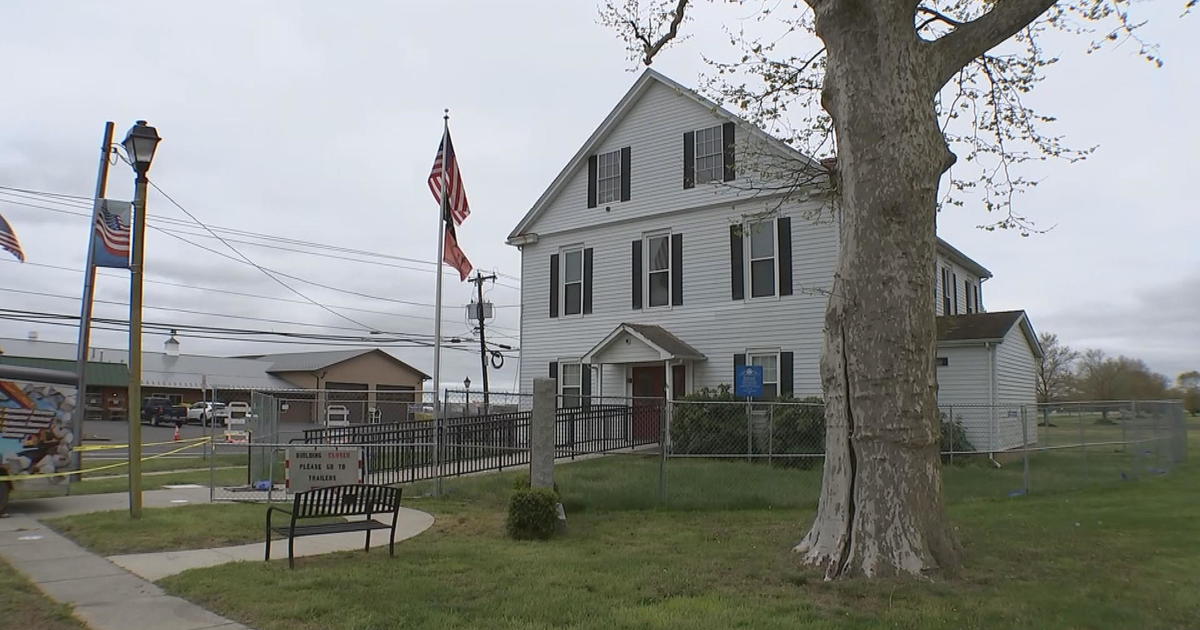BLOG: DE AG Issues Scam Alert Involving Computers & Debit Cards
By Jim Donovan: I wanted to let everyone know about a number of scams that continue to target viewers in our area. While I've done stories in the past about these scams, they continue to pose a threat. In fact Delaware Attorney General Beau Biden's office has sent out an alert about two of them – one involving phony computer repair calls and the other involving fake consumer debit card problems.
In the first scam, victims receive unsolicited phone calls or e-mails that claim to be from a customer service, help desk representative or technician from Microsoft or other well-known technology companies. During those communications the scammer claims that the consumer's computer is infected with a virus and offers to help by gaining remote access to their machine in order to analyze and upgrade the computer's security software. However, scammers who are successful in duping the computer's owner into believing the ruse instead use the remote access to install malicious software that harvests personal data, adjust the computer's security settings to make the machine vulnerable to threats, and direct the victim to fraudulent Web sites that try to obtain personal credit card information. Moreover, consumers have reported that the scammers ask for credit card information so they can bill for the fraudulent services.
Biden's Consumer Protection Unit has received multiple reports of this scam, which has also targeted consumers nationwide. Any consumers who believe they have already been victimized by this scam are urged to change their passwords for online accounts including e-mail, online banking and credit cards. Suspected victims should be sure to run a security scan program on their computers and consider installing new security software.
Biden's office also warned consumers to be on-guard for unsolicited calls or text messages warning of a problem with their bank's debit cards. In reality, these are attempts to trick consumers into providing personal financial information to criminals. The unsolicited calls and texts report that the consumer's debit card is locked and direct them to call a certain phone number to unlock the card. When victims call the phone number as directed, the scammer obtains their account information in order to "unlock" their cards.
Consumers should ignore these messages. If you think you've already fallen victim to the debit card scam you should immediately contact your financial institution.



